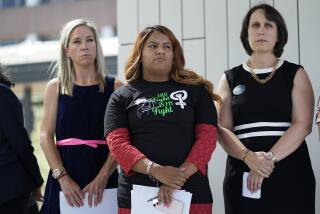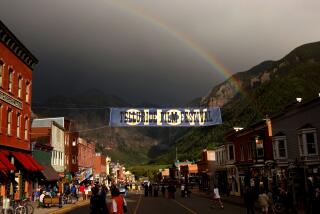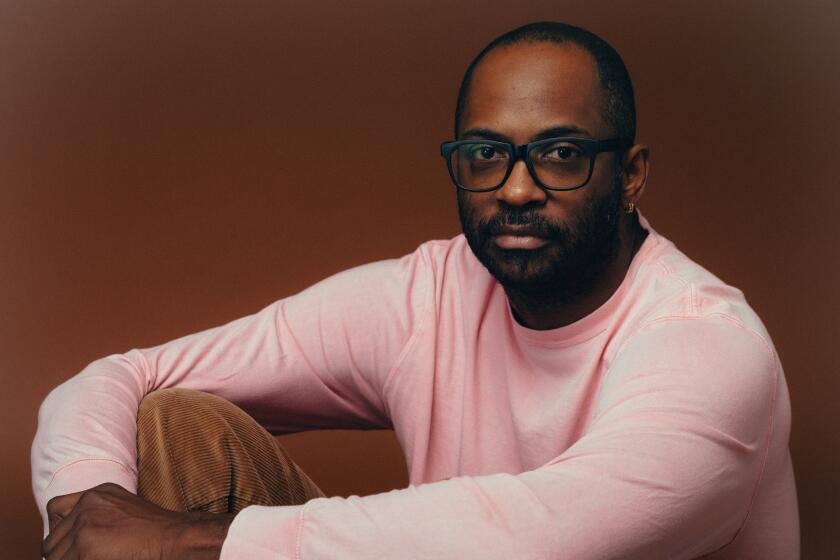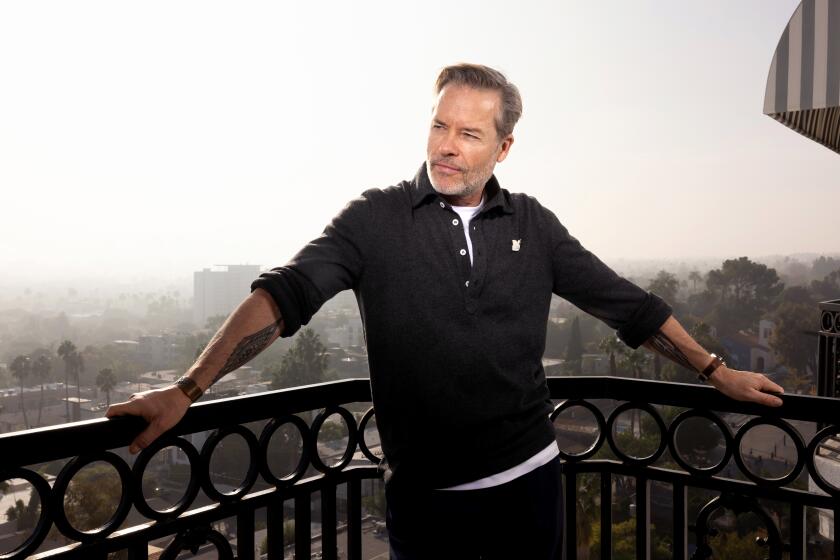‘Trudell’ preaches to the choir
“Trudell” makes you sad two times over. First because of the tragic things that have happened to the documentary’s subject, Native American poet and activist John Trudell. Second because there is a better documentary on the man’s life than this film is in a position to deliver.
There’s no doubt Trudell is a significant figure in the counterculture politics of 20th century America. Willing to stand up for issues he believed in at what turned out to be enormous personal cost, he became one of the voices of the American Indian Movement at a pivotal time in history.
Articulate and charismatic, Trudell so worried the FBI that the bureau amassed a 17,000-page dossier on him between 1969 and 1979, one of the largest in existence. “He’s extremely eloquent,” an FBI memo read, “therefore extremely dangerous.”
Whenever anything significant was happening with Native American politics during that decade, Trudell was in the middle of it, starting with his emergence as a spokesman for the Indian occupation of Alcatraz Island between 1969 and 1971. Trudell was also part of the 1972 occupation of the Bureau of Indian Affairs building in Washington, D.C., as well as the 1973 occupation and siege of the town of Wounded Knee on the Pine Ridge Sioux reservation in South Dakota.
Then tragedy struck hard. In 1979, Trudell burned an American flag on the steps of Washington’s FBI building. Within 12 hours, a house fire on a Nevada reservation killed his three children, his pregnant wife as well as her mother.
Trudell never returned to his brand of confrontational politics. He turned instead, after a four-year hiatus, to poetry and, working with rock guitarist Jesse Ed Davis, to the combining of spoken word with music.
“Trudell” director Heather Rae, who also co-produced, co-edited and co-photographed, has been involved in this film for more than 10 years, gathering archival footage and shooting her own interviews. Her enterprise is admirable, but the result is disappointing.
For one thing, chunks of the film are shot in a forced artistic way, using the collage technique of overlapping stock images as varied as old westerns, nature films and cartoons.
The press notes call this “a poetic and naturally stylized manner,” but it plays too self-conscious and dated to be effective.
Equally troublesome is a worshipful style that limits “Trudell’s” appeal to true believers. Other leaders are given short shrift if they are mentioned at all, and never is heard a remotely discouraging word. Instead we get sentiments like actor Gary Farmer’s awe-struck characterization of Trudell “as the Native people’s prophet of these times, our Socrates.”
Trudell definitely has this effect on celebrities. Robert Redford cites his “explosive insights” and likens him to the Dalai Lama, Kris Kristofferson sings a song about him over the final credits and people like Jackson Browne, Val Kilmer, Sam Shepard and Bonnie Raitt praise him fulsomely on camera.
Unfortunately, absent a more objective context, Trudell’s gnomic utterances do little to support those sentiments. By preaching so relentlessly to the choir, this film misses an opportunity to show what got them to sing in the first place.
*
‘Trudell’
MPAA rating: Unrated.
Director Heather Rae. Writer Russell Friedenberg. Producers Rae, Elyse Katz. Cinematography Rae, Gilbert Salas. Editors Rae, Gregory Bayne. Running time: 1 hour 20 minutes.
Exclusively at the Music Hall, 9036 Wilshire Blvd., Beverly Hills (310) 274-6869.
John Trudell and Heather Rae are scheduled to participate in a Q&A; today and Saturday after the 7:20 p.m. screening. .
More to Read
Only good movies
Get the Indie Focus newsletter, Mark Olsen's weekly guide to the world of cinema.
You may occasionally receive promotional content from the Los Angeles Times.









